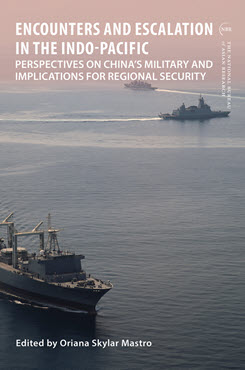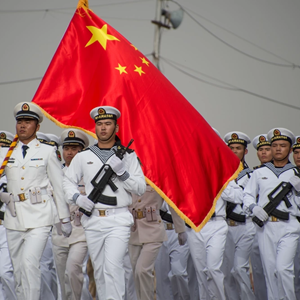Essay in NBR Special Report 108
The Indian Army’s Encounters with the People’s Liberation Army
This essay examines the India-China boundary dispute through a case study of the eastern Ladakh standoff, analyzes the trends in the behavior of the People’s Liberation Army along the border, and assesses the impact on India’s strategic thinking and policy toward China.
EXECUTIVE SUMMARY
MAIN ARGUMENT
The situation at the India-China border continues to become increasingly volatile, as is evident from the eastern Ladakh standoff. Beijing’s intention to alter the status quo along the border in its favor is now clear. To test India’s resolve, China’s actions along the Line of Actual Control (LAC) are becoming more planned and exhibit an expansionist design. New Delhi can no longer afford to ignore these warning signs while reading between the lines. The Galwan Valley clash in 2020 and the ongoing standoff in eastern Ladakh serve as a litmus test that indicates Beijing’s propensity to keep the LAC active, despite discussions on finding a resolution. As the situation on the border remains tense and both sides have hardened their positions, the risk of escalation between the two nuclear-armed neighbors remains high. China appears to have no intention of resolving the dispute to preserve peace and tranquility at the border. The Galwan Valley clash has thus confronted India with the strategic reality of the China threat, which has altered New Delhi’s strategic thinking on China as well as its approach to deterrence.
POLICY IMPLICATIONS
- Given both countries’ strong military postures and sharp rhetoric during the crisis in the Galwan Valley, the boundary dispute has become increasingly intractable, making a diplomatic compromise harder to achieve.
- There is little prospect that China and India will settle their border dispute; the best that can be hoped for at this time is for the two countries to manage their differences.
- The LAC will experience further militarization, including force and weapons deployment and infrastructure buildup, as both sides prepare for future contingencies.
Amrita Jash is an Assistant Professor in the Department of Geopolitics and International Relations at Manipal Academy of Higher Education (Institution of Eminence).



 Unpacking China's Military Decision-Making: Perspectives from the Region
Unpacking China's Military Decision-Making: Perspectives from the Region
